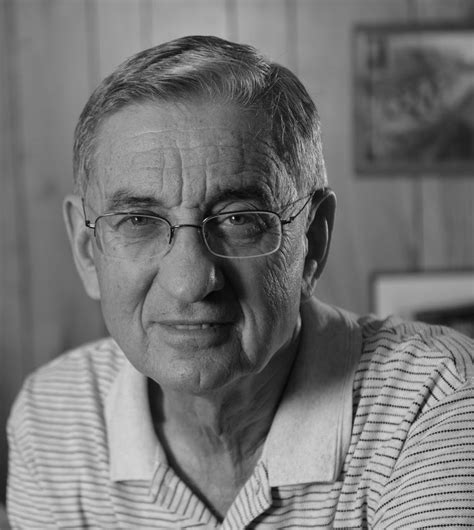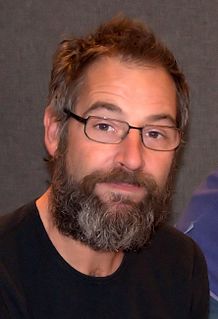A Quote by Richard Flanagan
God gets the great stories. Novelists must make do with more mundane fictions.
Related Quotes
Even the most scientific investigator in science, the most thoroughgoing Positivist, cannot dispense with fiction; he must at least make use of categories, and they are already fictions, analogical fictions, or labels, which give us the same pleasure as children receive when they are told the "name" of a thing.
You must every day make higher ground. You must deny yourself to make progress with God. You must refuse every- thing that is not pure and holy. God wants you pure in heart. He wants you to have an intense desire after holiness... Two things will get you to leap out of yourselves into the promises of God today. One is purity, and the other is FAITH, which is kindled more and more BY PURITY.
Here was the rub: one must be more zealous to please God than to avoid sin. One must sacrifice oneself utterly to God's purposes, even to the point of possibly making moral mistakes. One's obedience to God must be forward-oriented and zealous and free, and to be a mere moralist or pietist would make such a life impossible.
I see God now as an unimaginative writer of popular fictions, someone who builds stories around sadistic and graceless plots, narratives that exist only to express His terror of a woman's power to choose who and how to love, to redefine love as she sees fit, not as God thinks it ought to be. The author is unworthy of His own characters.
The theology of the hammer embraces wholeheartedly the idea that the love of God and love of man must be blended. The word and the deed must come together. One without the other is devoid of meaning … As the deed gets closer to the word, God gets closer to us. The results are always wonderful — and sometimes spectacular!





































